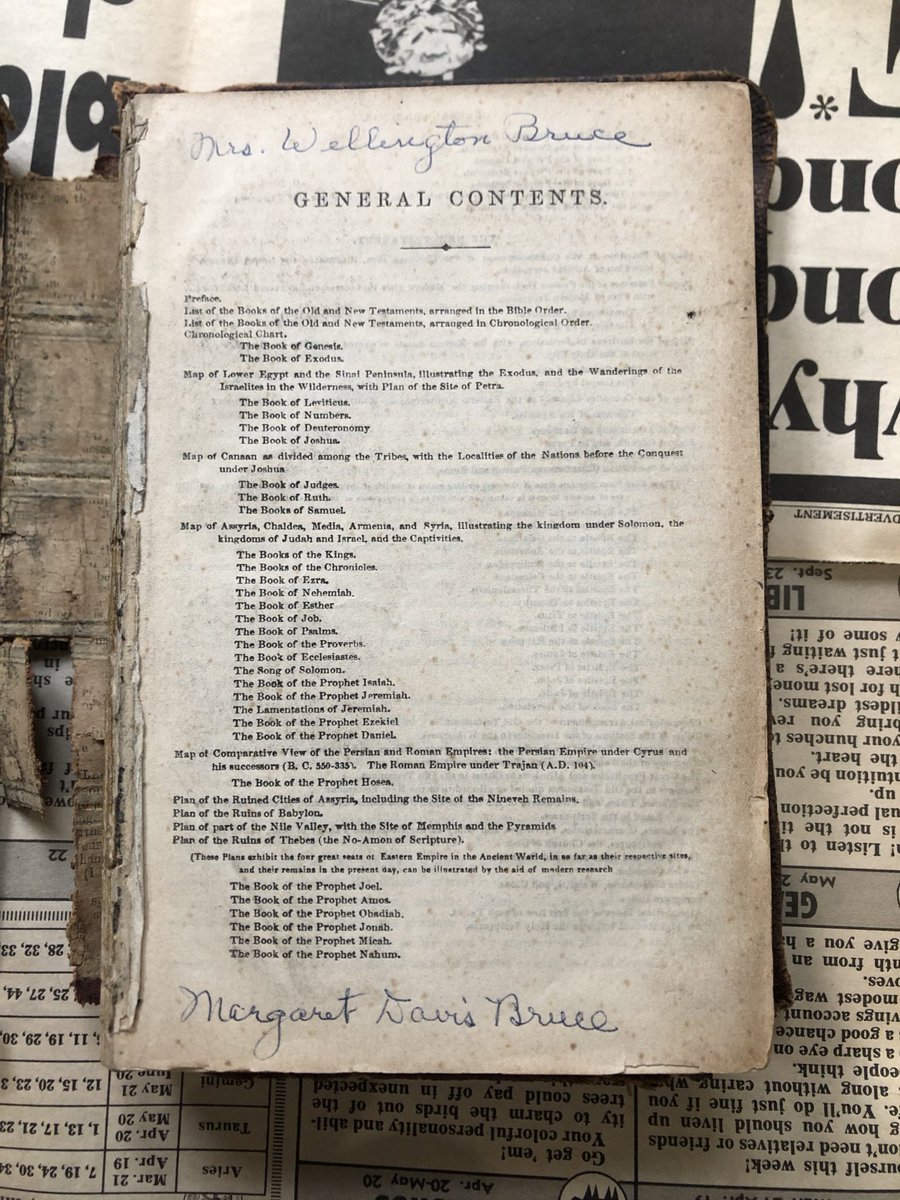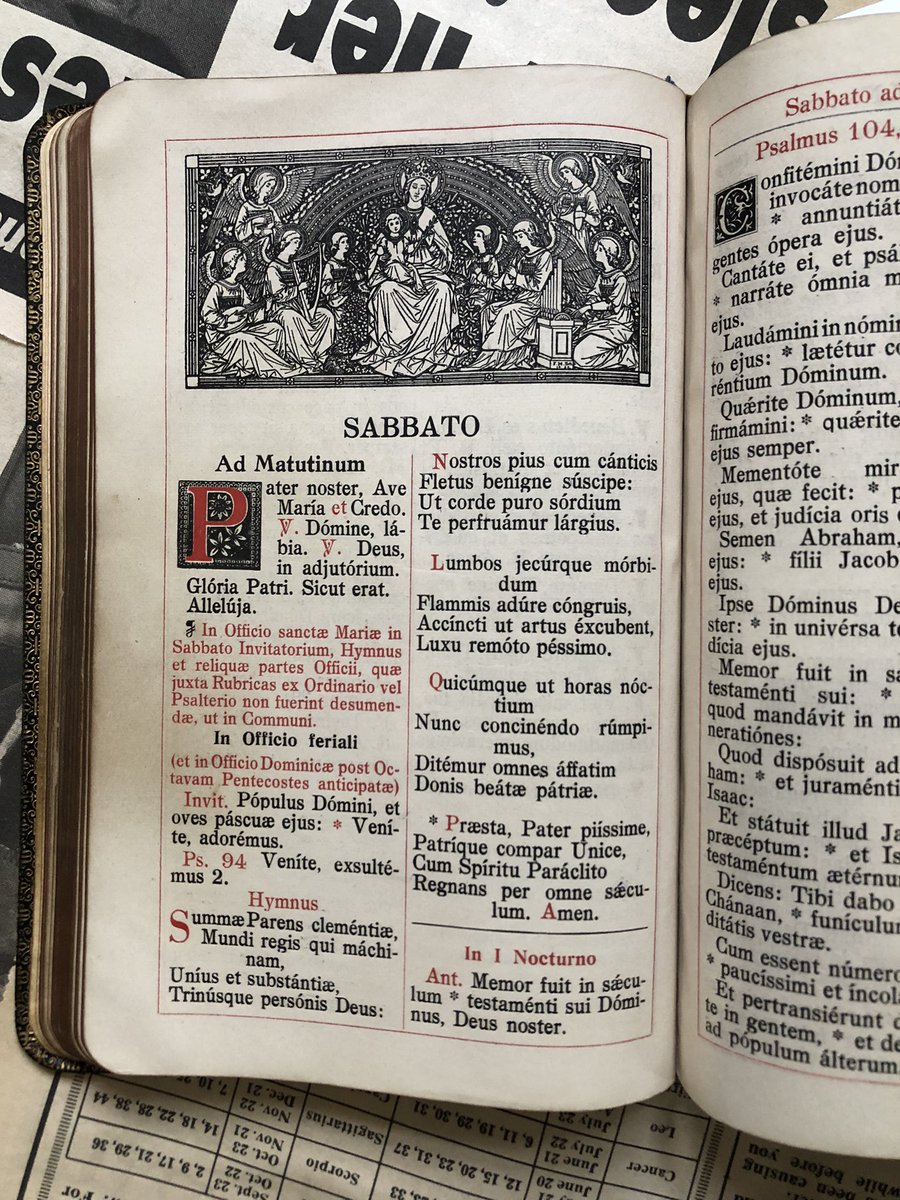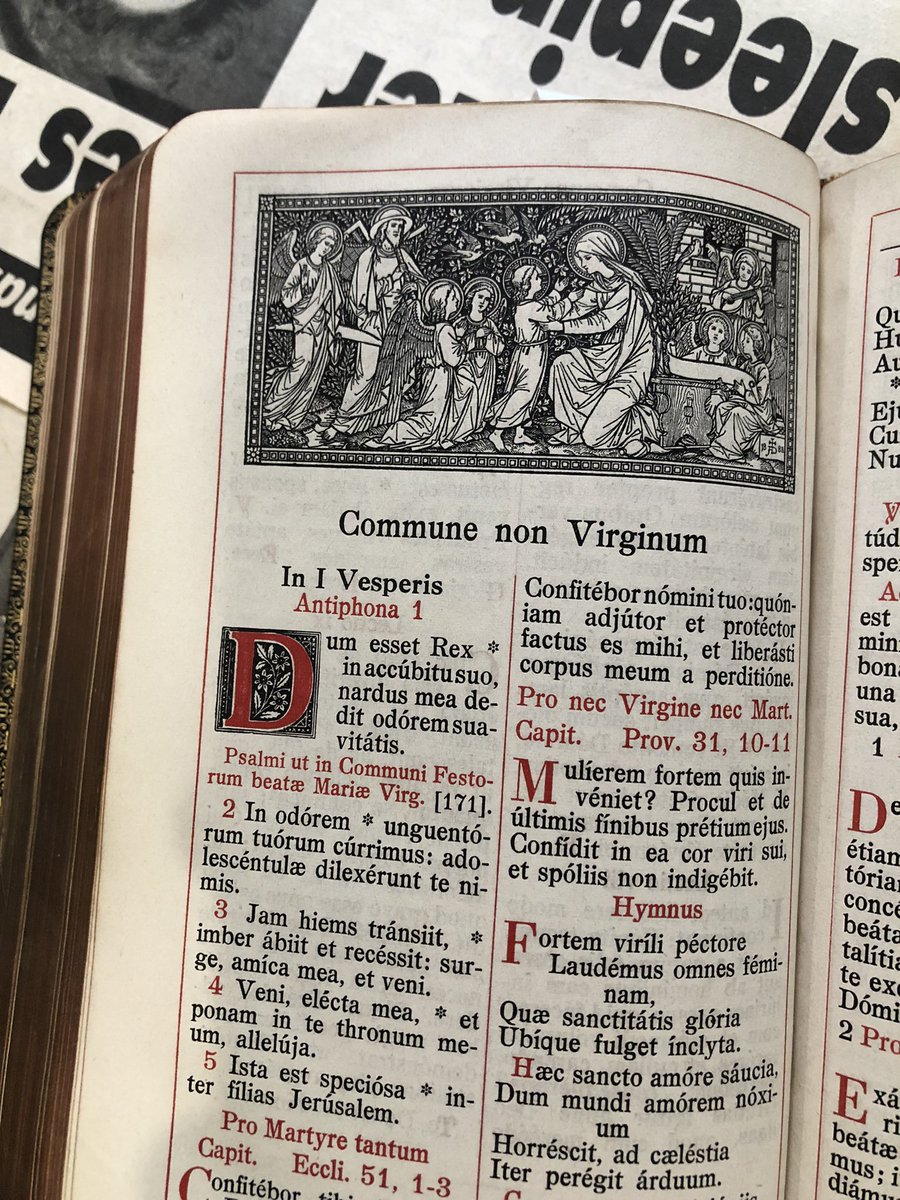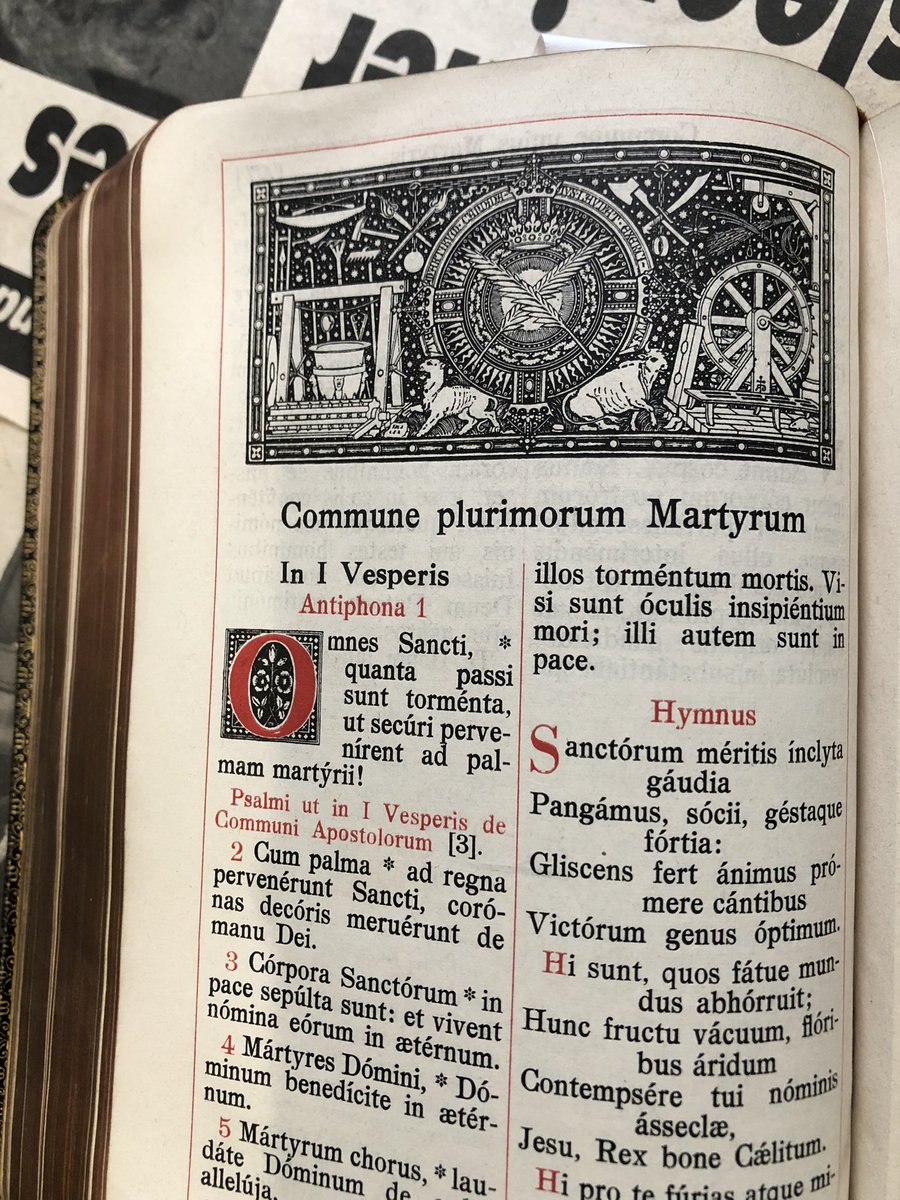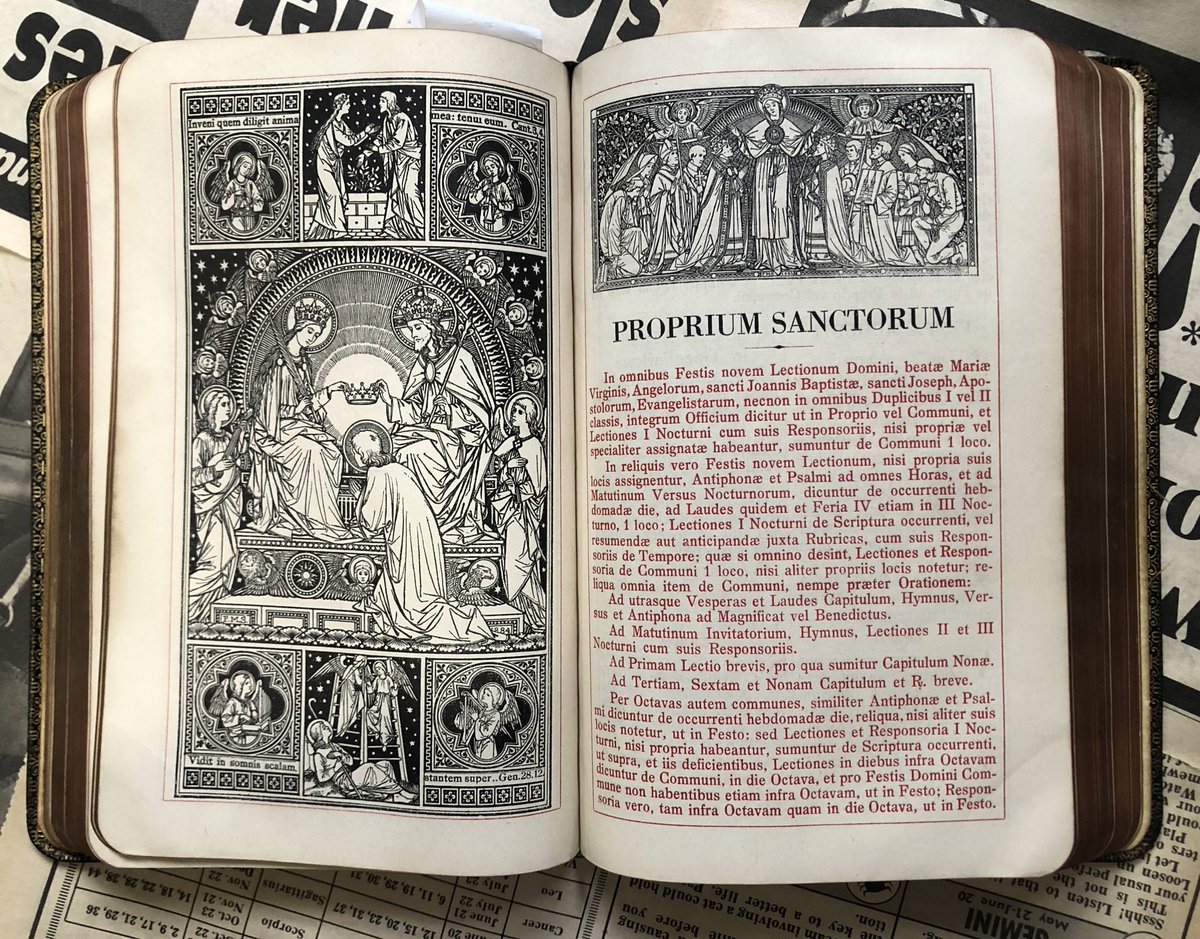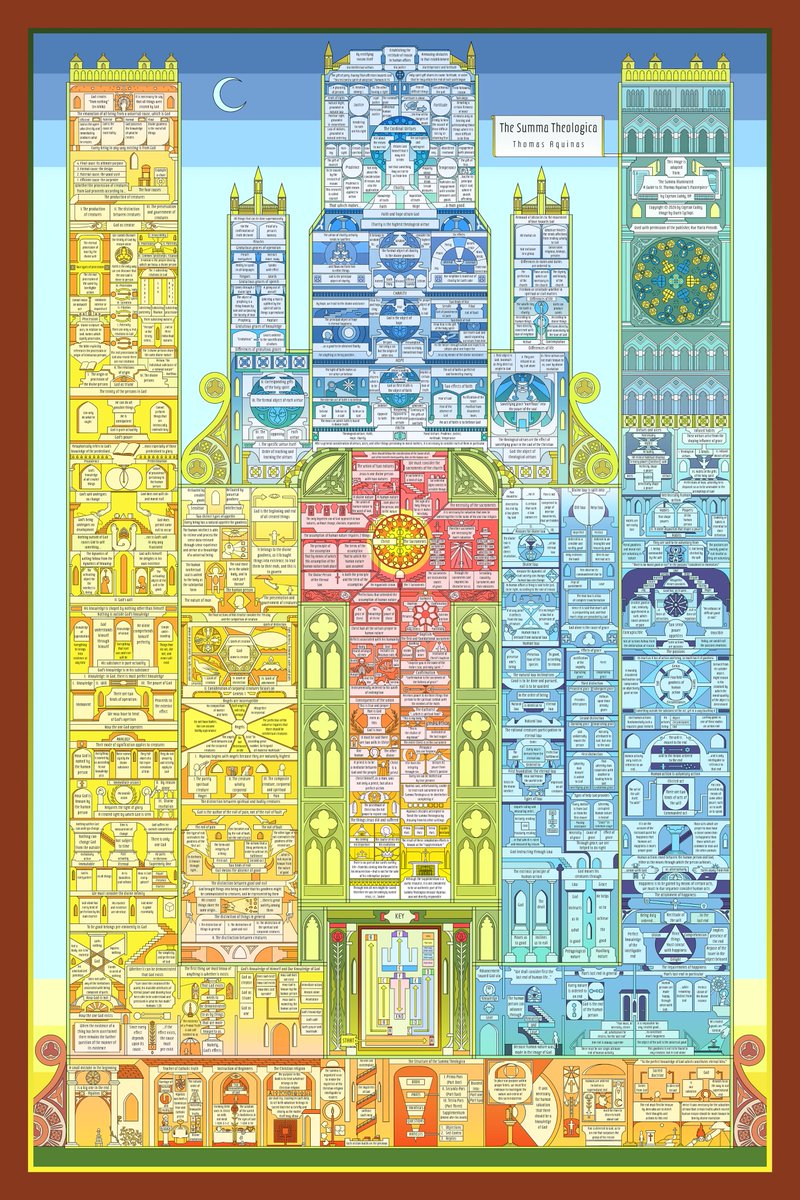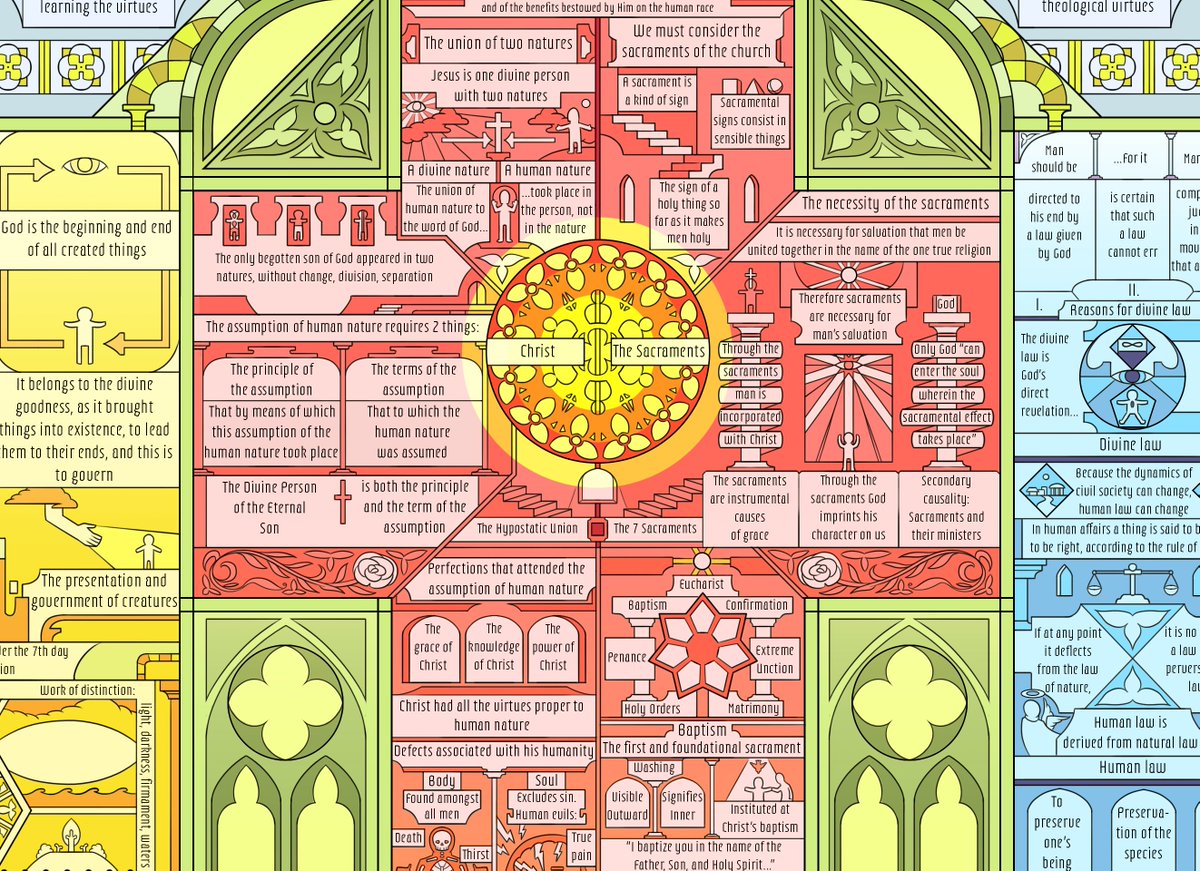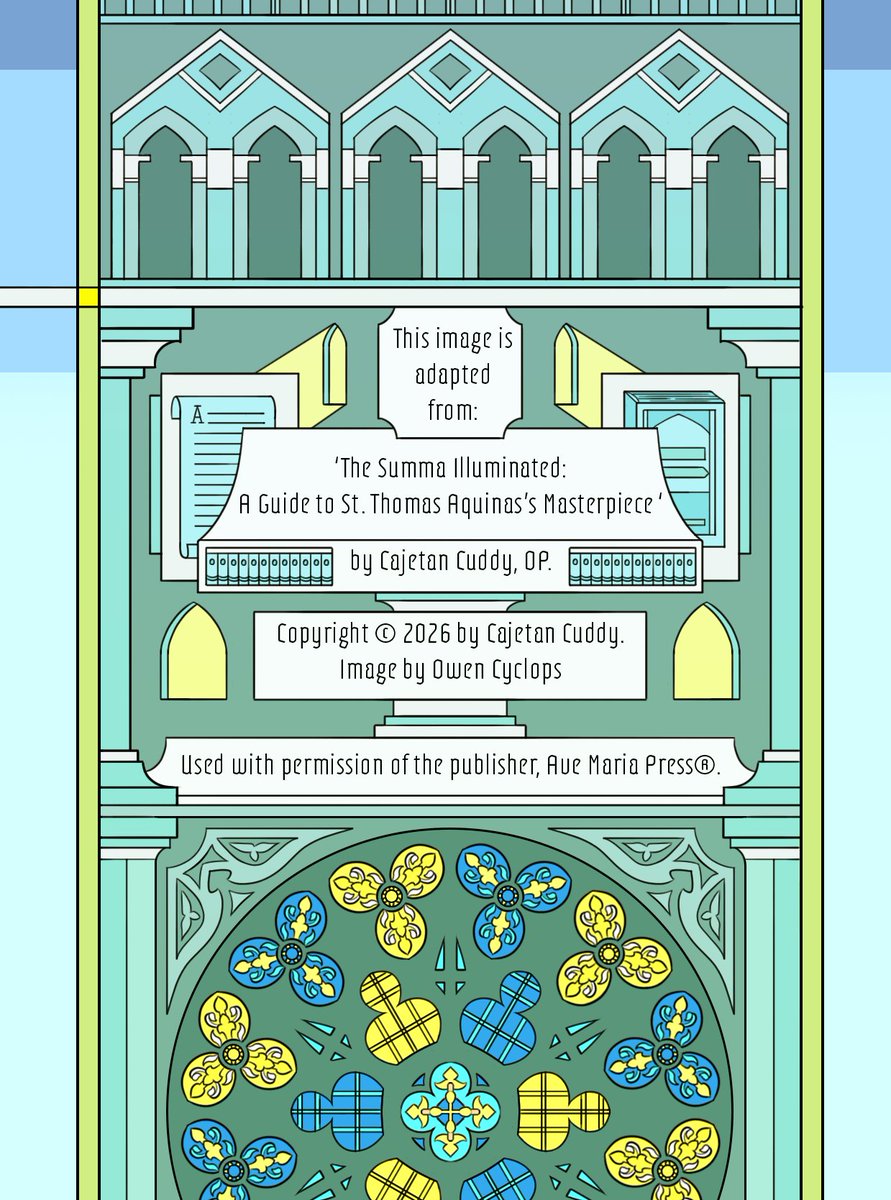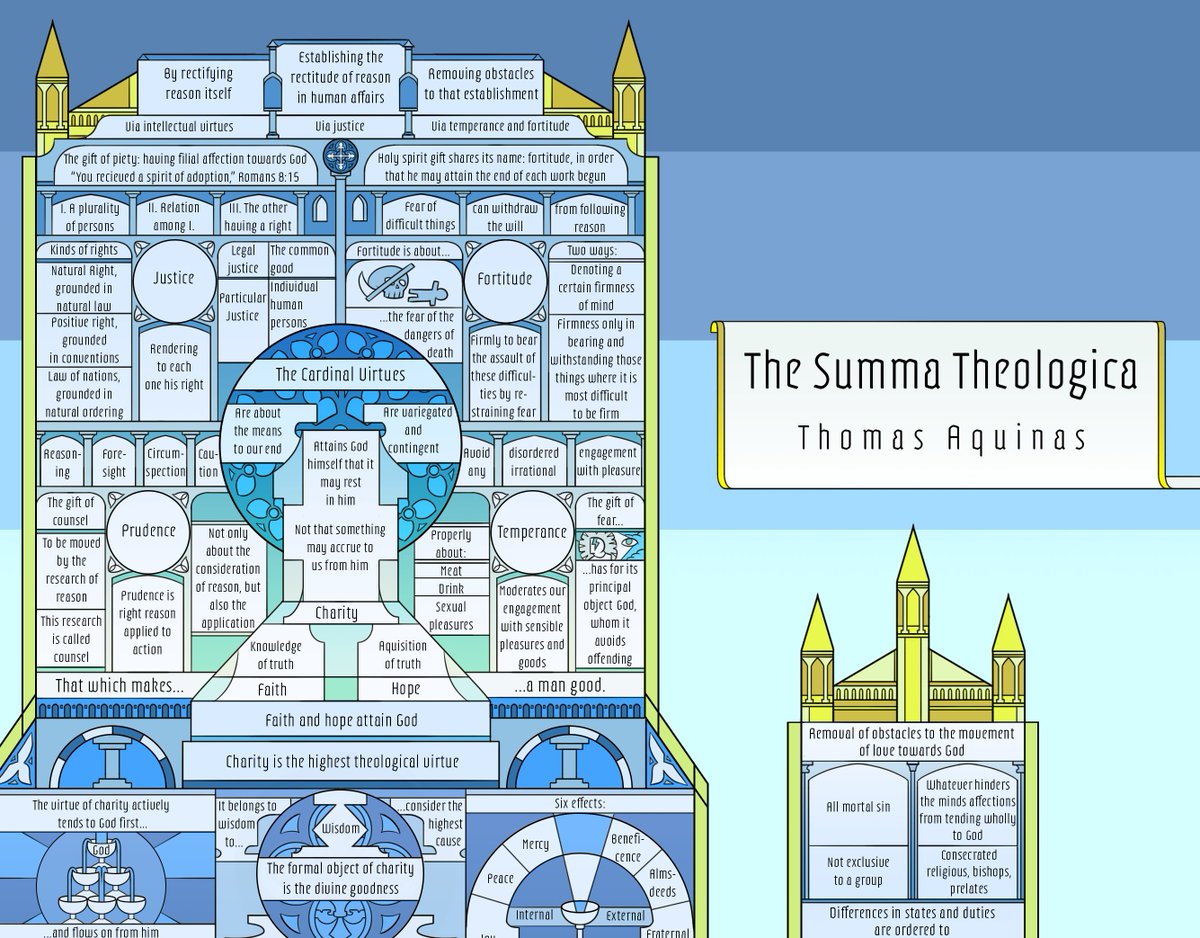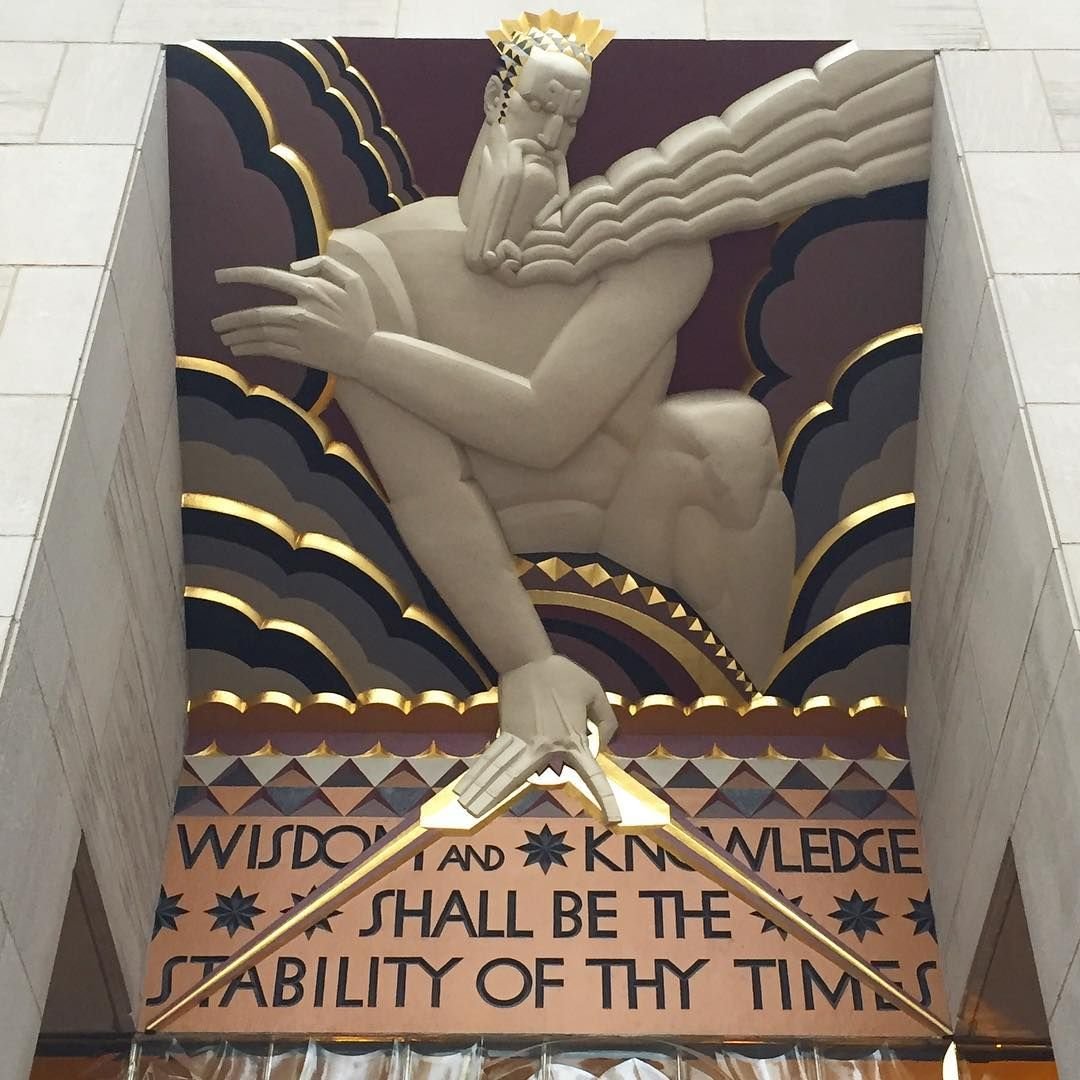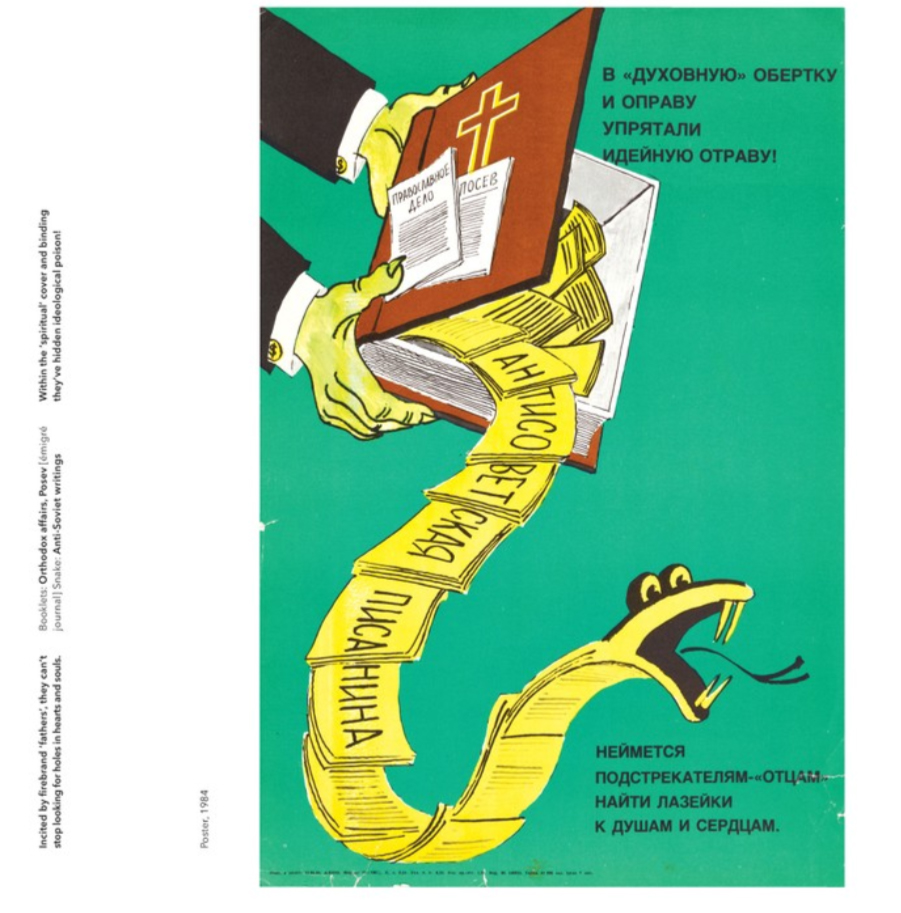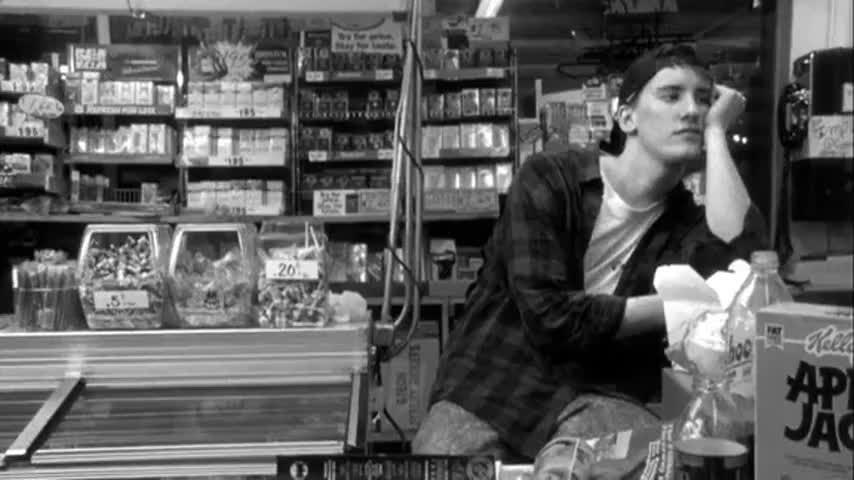i go to thrift stores and antique stores and any random place to comb through looking for old books.
i have a relatively narrow focus and probably have over 1000 books here. very cheap.
my ‘archival’ shelf is epic with many things from the 1800s.
everyone should be doing this.
i have a relatively narrow focus and probably have over 1000 books here. very cheap.
my ‘archival’ shelf is epic with many things from the 1800s.
everyone should be doing this.
https://twitter.com/a2_masters/status/1591042008638164992
my rule is that if theres anything very epic + old that should be kept in some type of archive (but isnt) i will obtain it. originally it was just a ‘christian material culture’ archive but then i expanded a little into history (mostly civil war stuff, because i kept finding it)
lets take a look at a few things before i get into work today
i literally just found these and you can also
i think this is 1840s
this was way more than my average price (35) but someone was staying at my house and bought it for me



i literally just found these and you can also
i think this is 1840s
this was way more than my average price (35) but someone was staying at my house and bought it for me
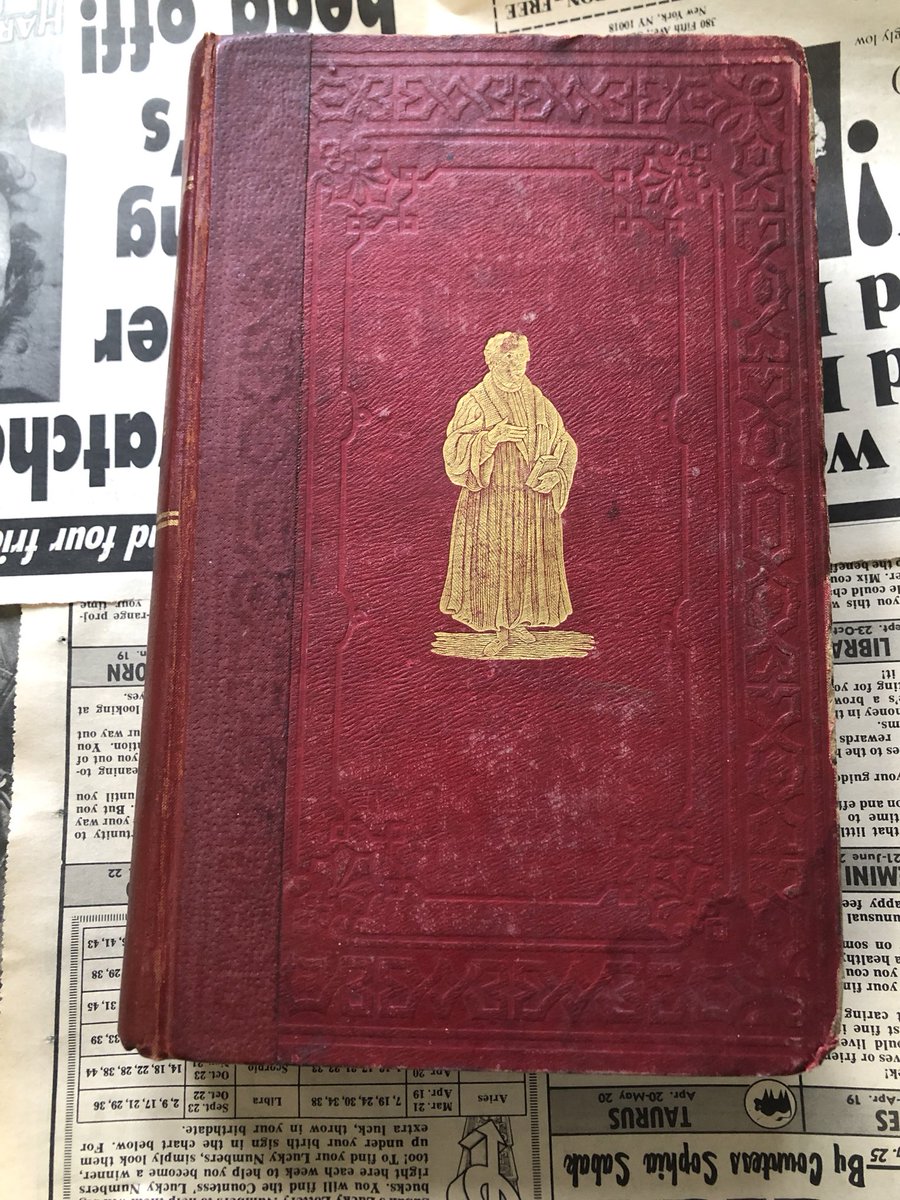
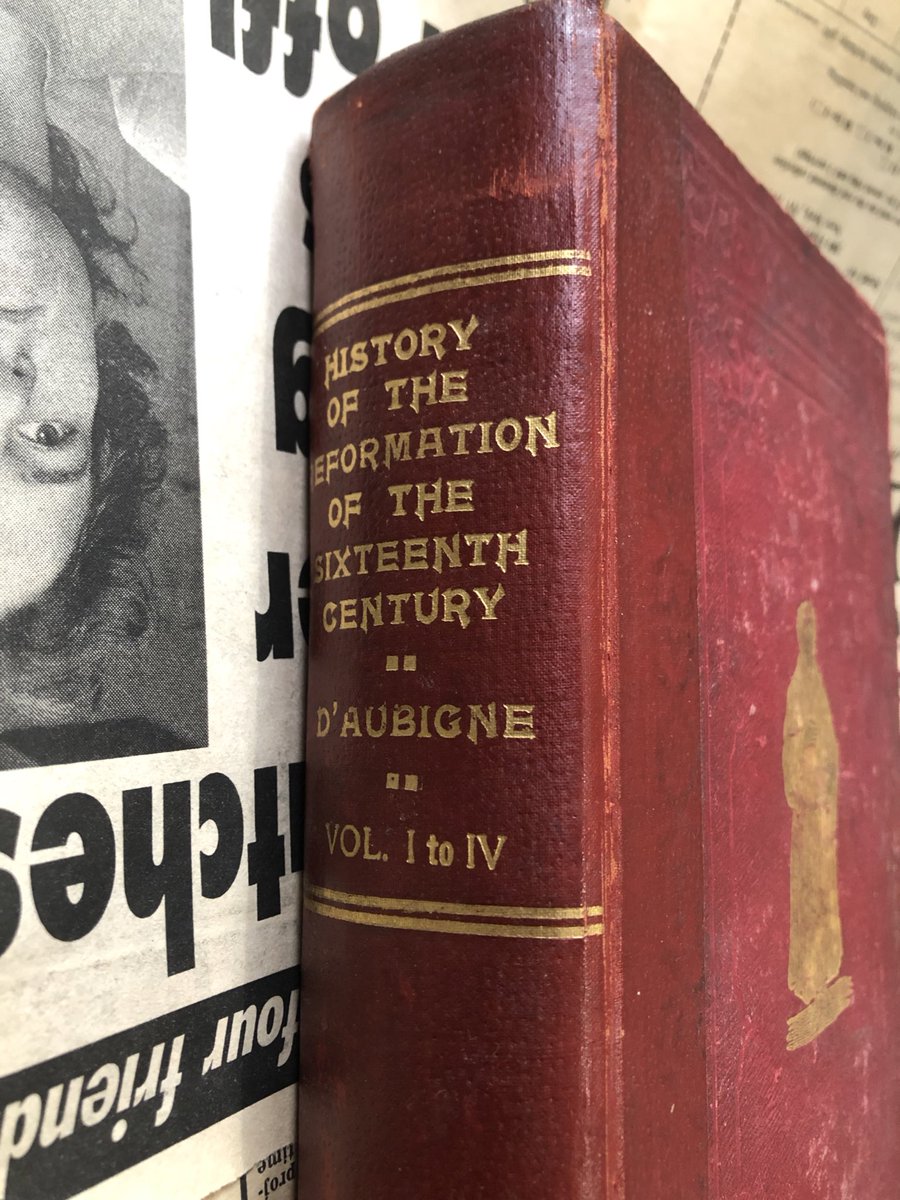
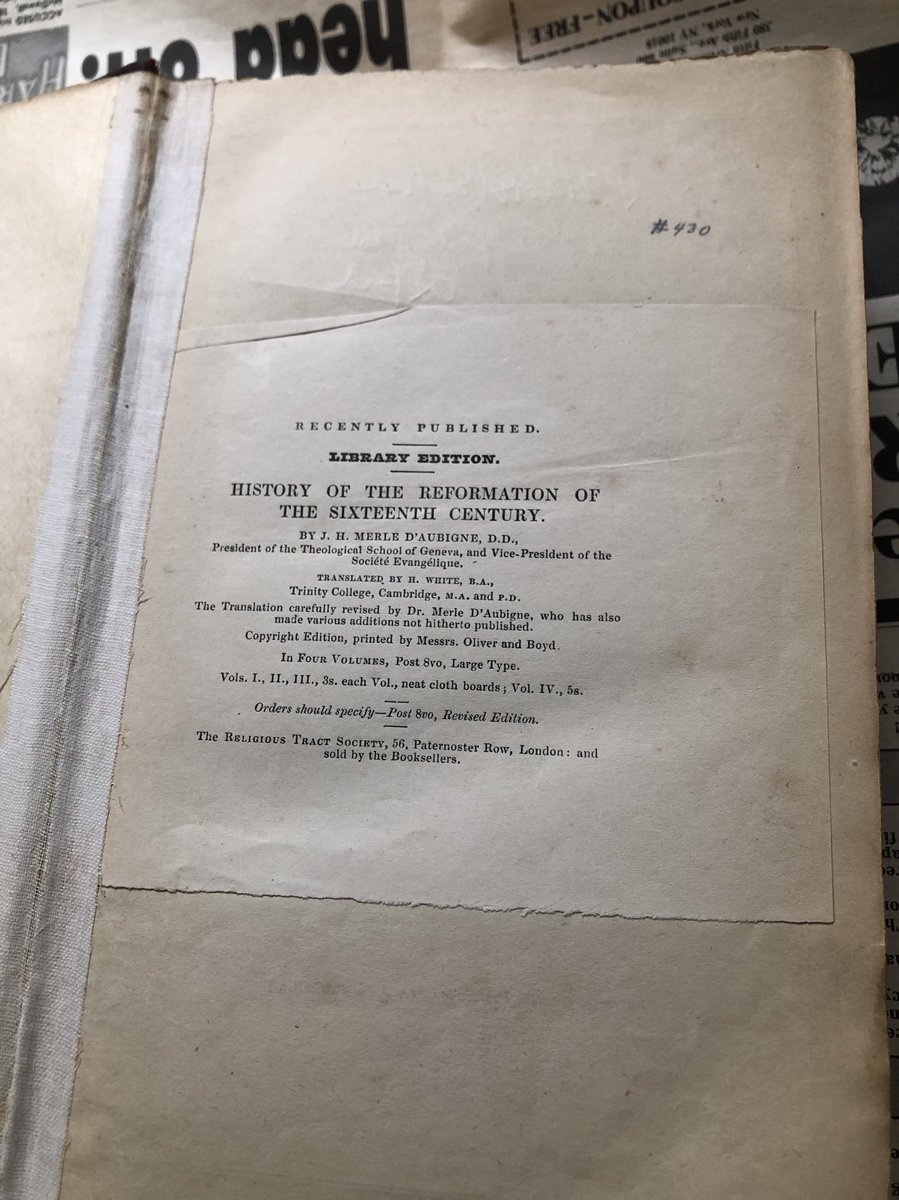
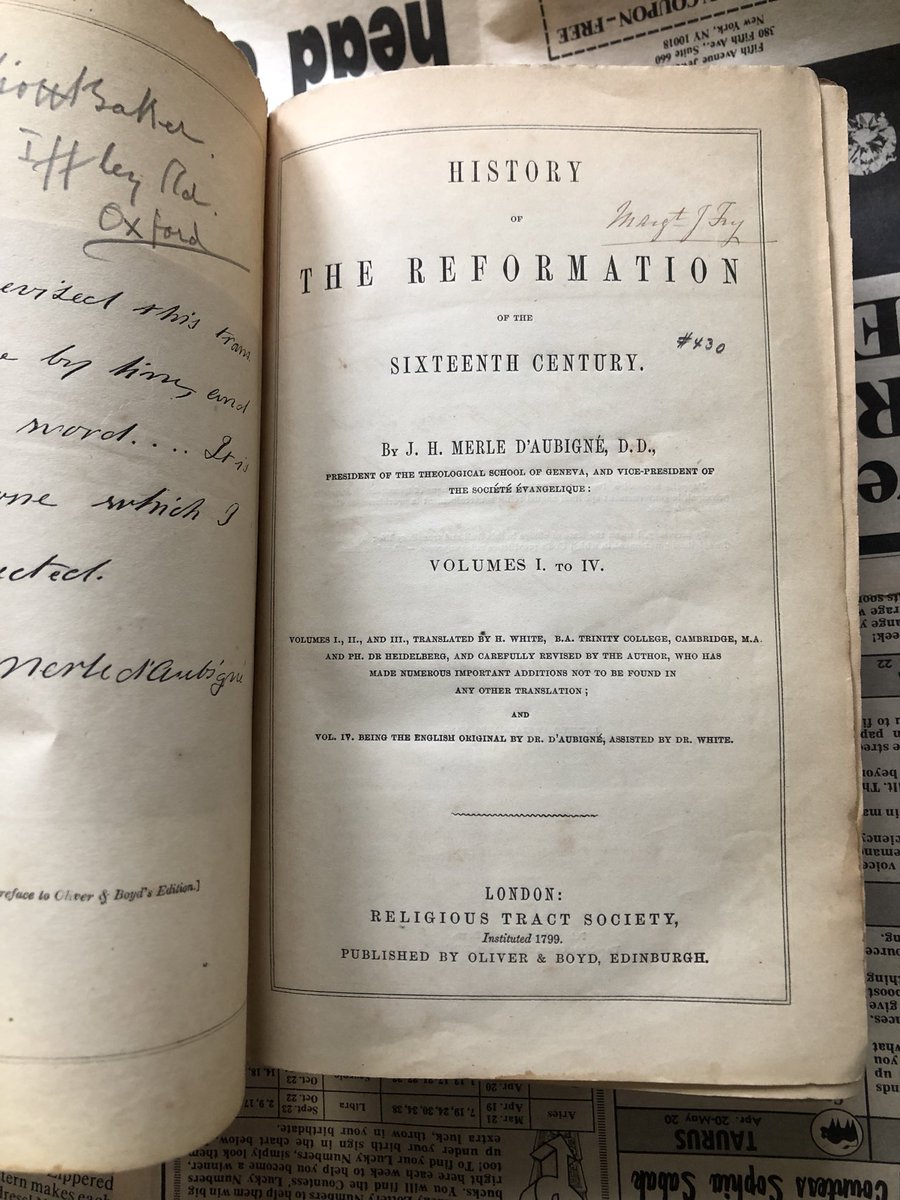
if anything is over 100 years old and christian and not really expensive ill just get it at this point
1870s, a book called ‘satan in society’



1870s, a book called ‘satan in society’
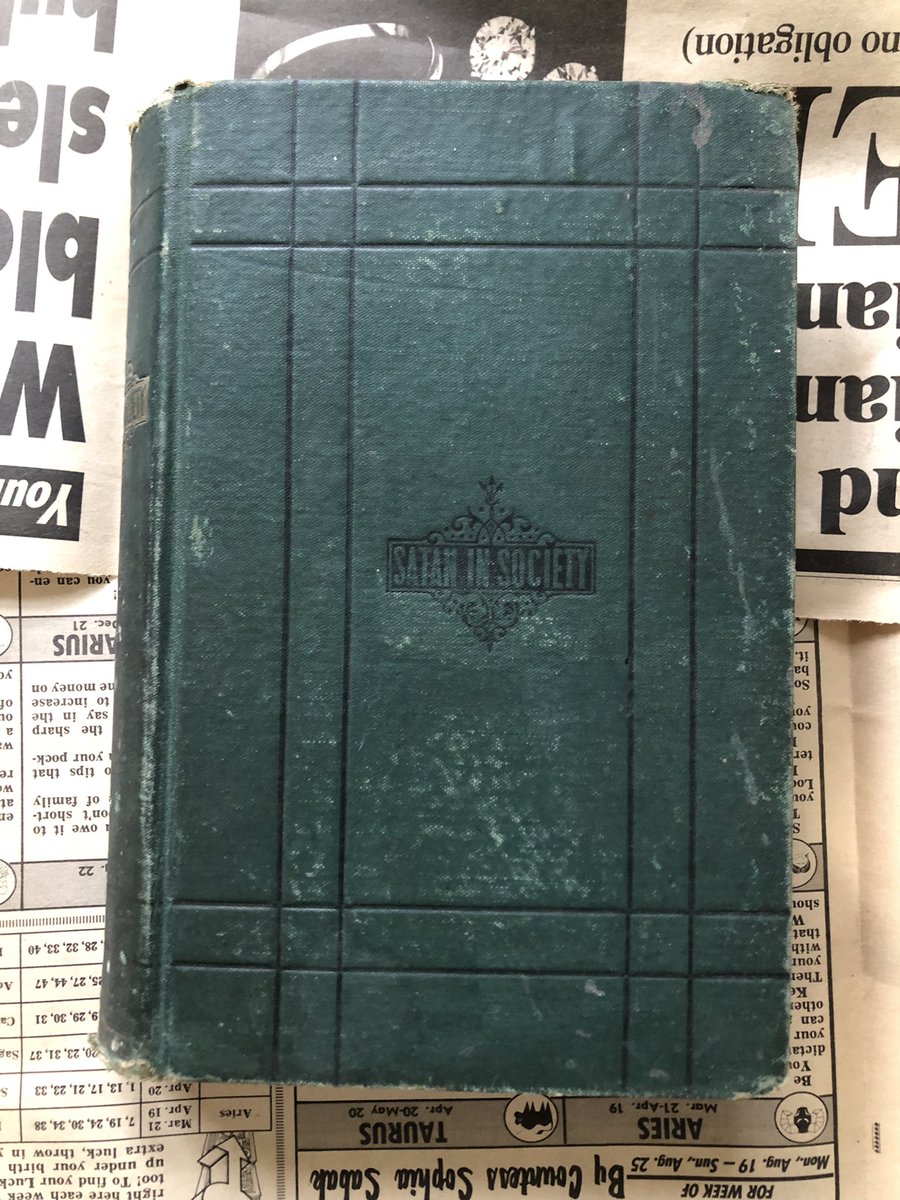
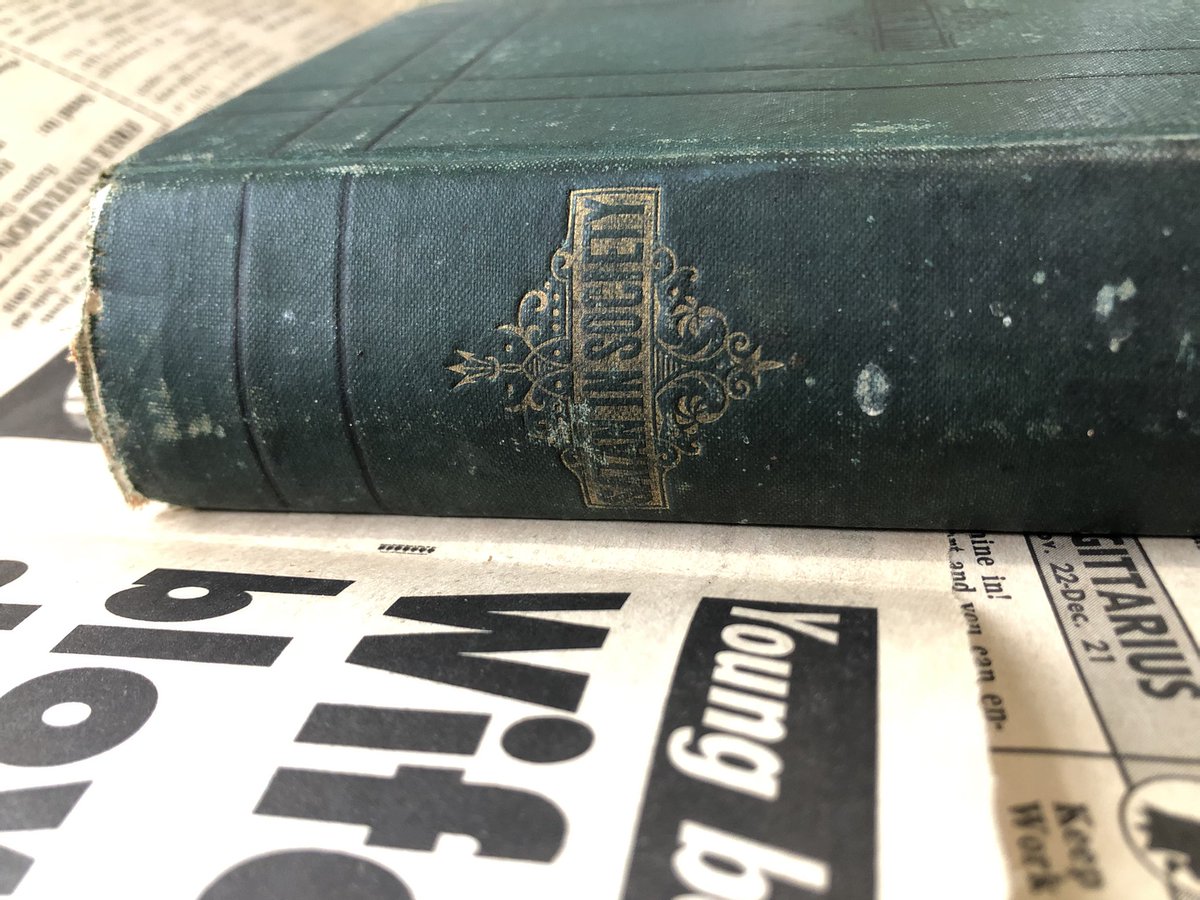
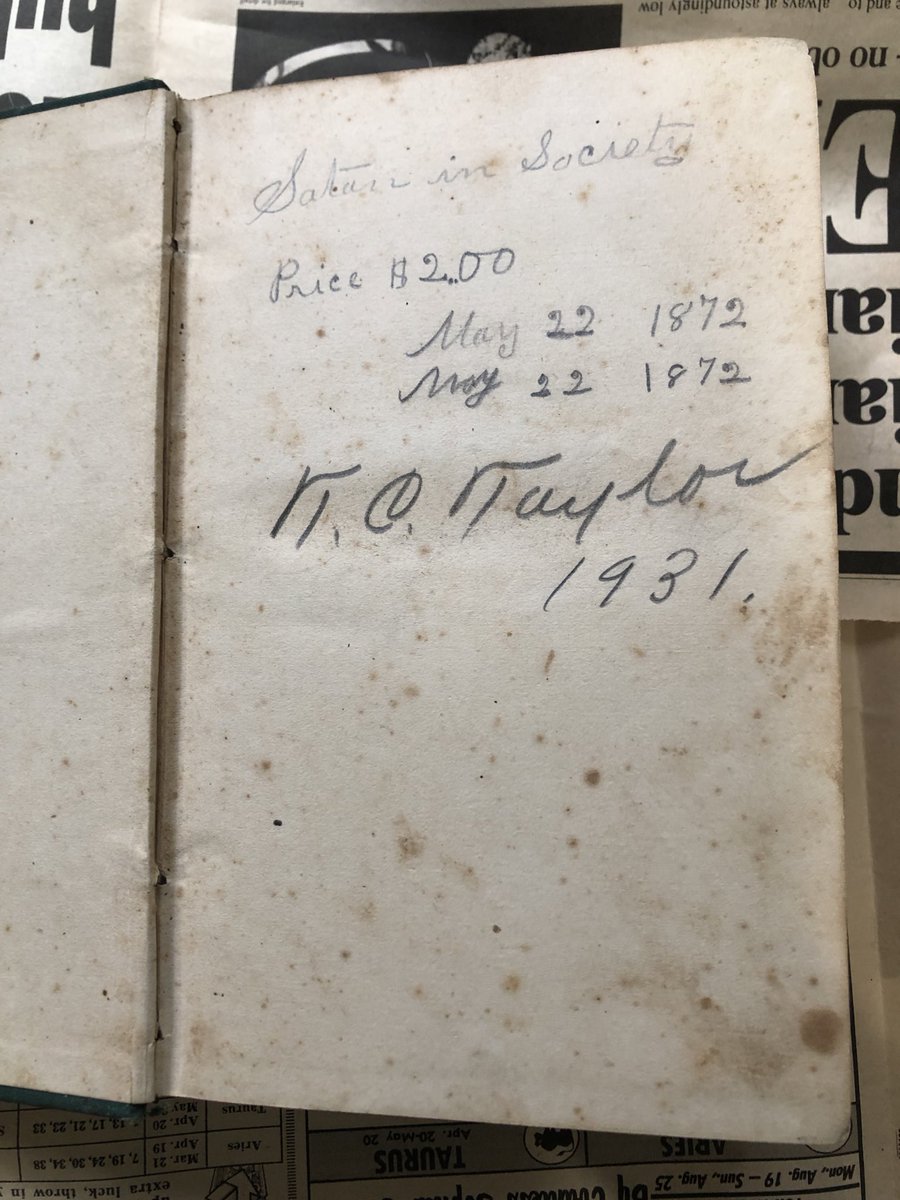
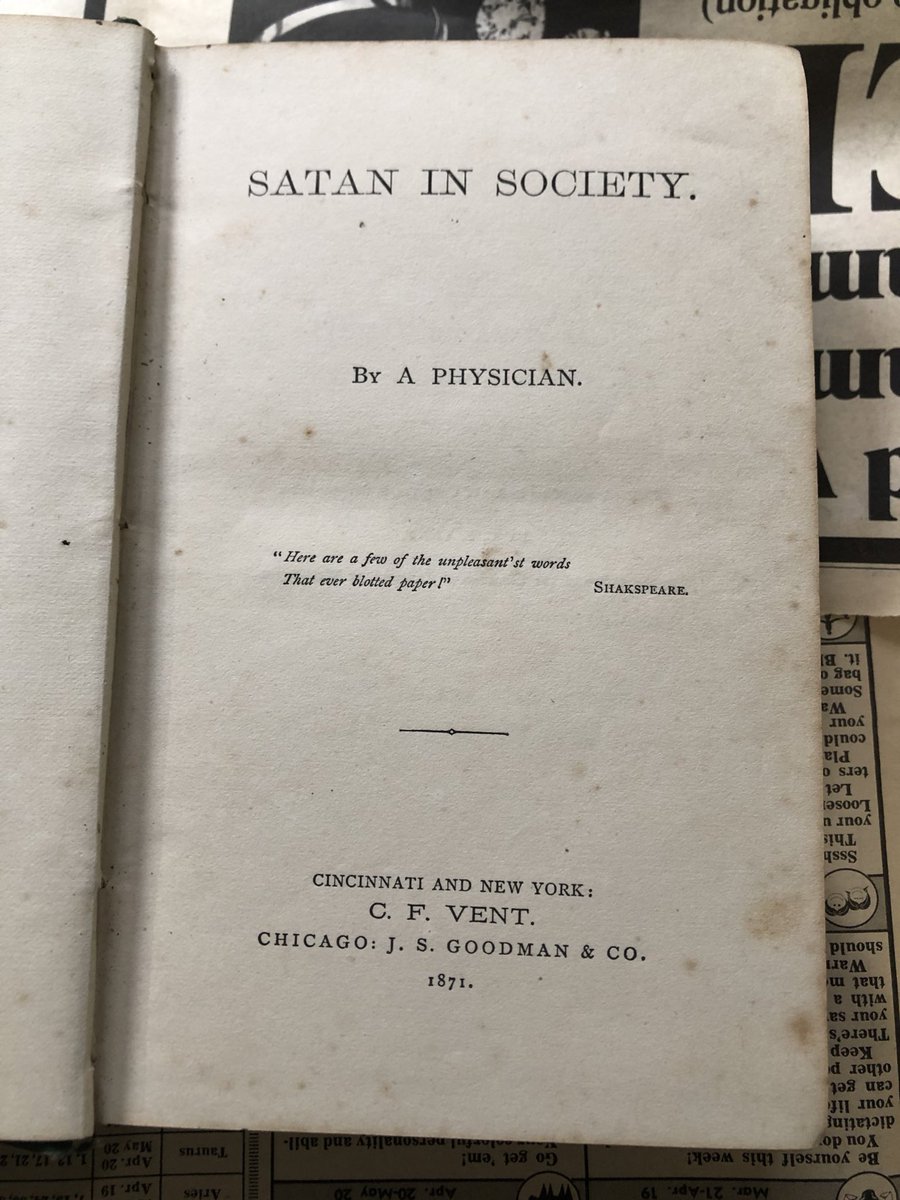
this one is kind of a personal flex if you know my interests
basically this is the christian science book, but its from the early 1900s so it was published when she (mary baker eddy) was still alive:



basically this is the christian science book, but its from the early 1900s so it was published when she (mary baker eddy) was still alive:

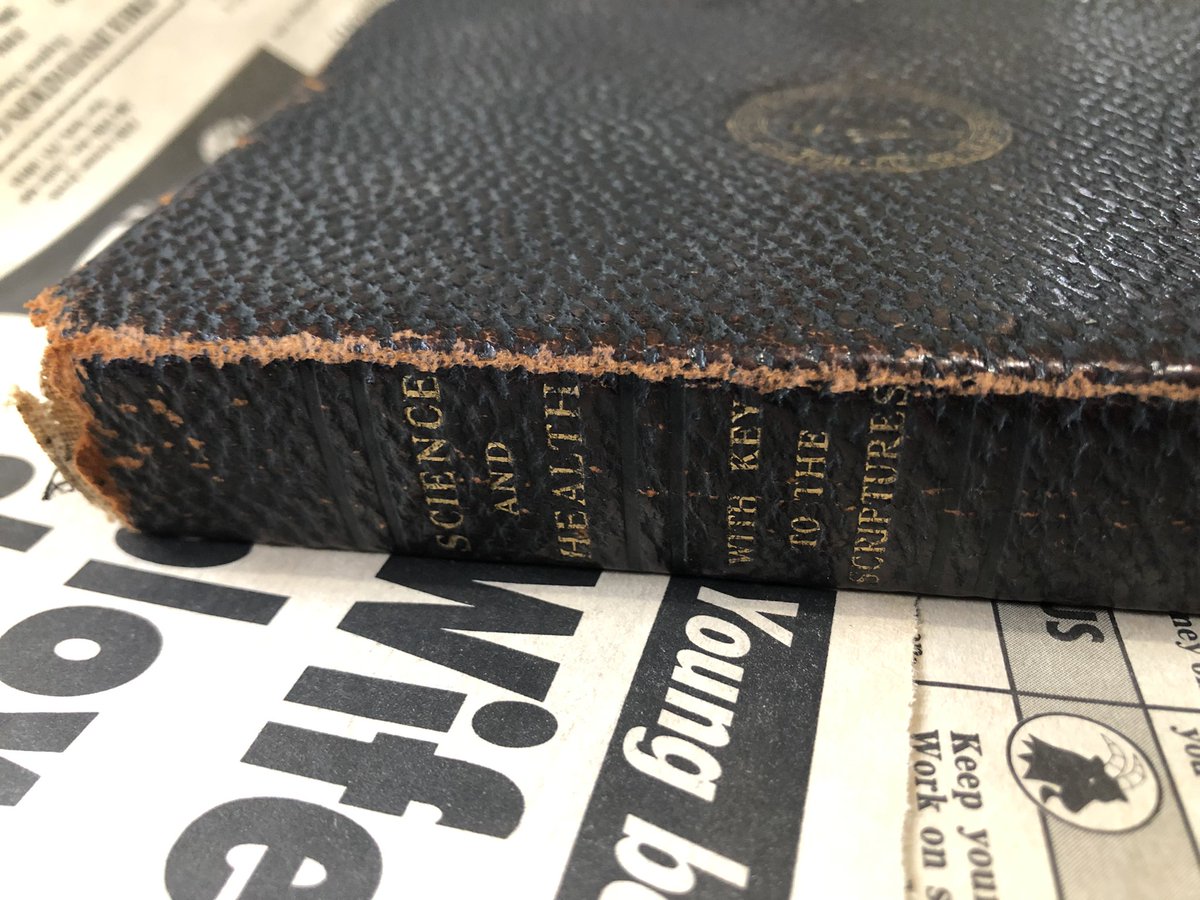
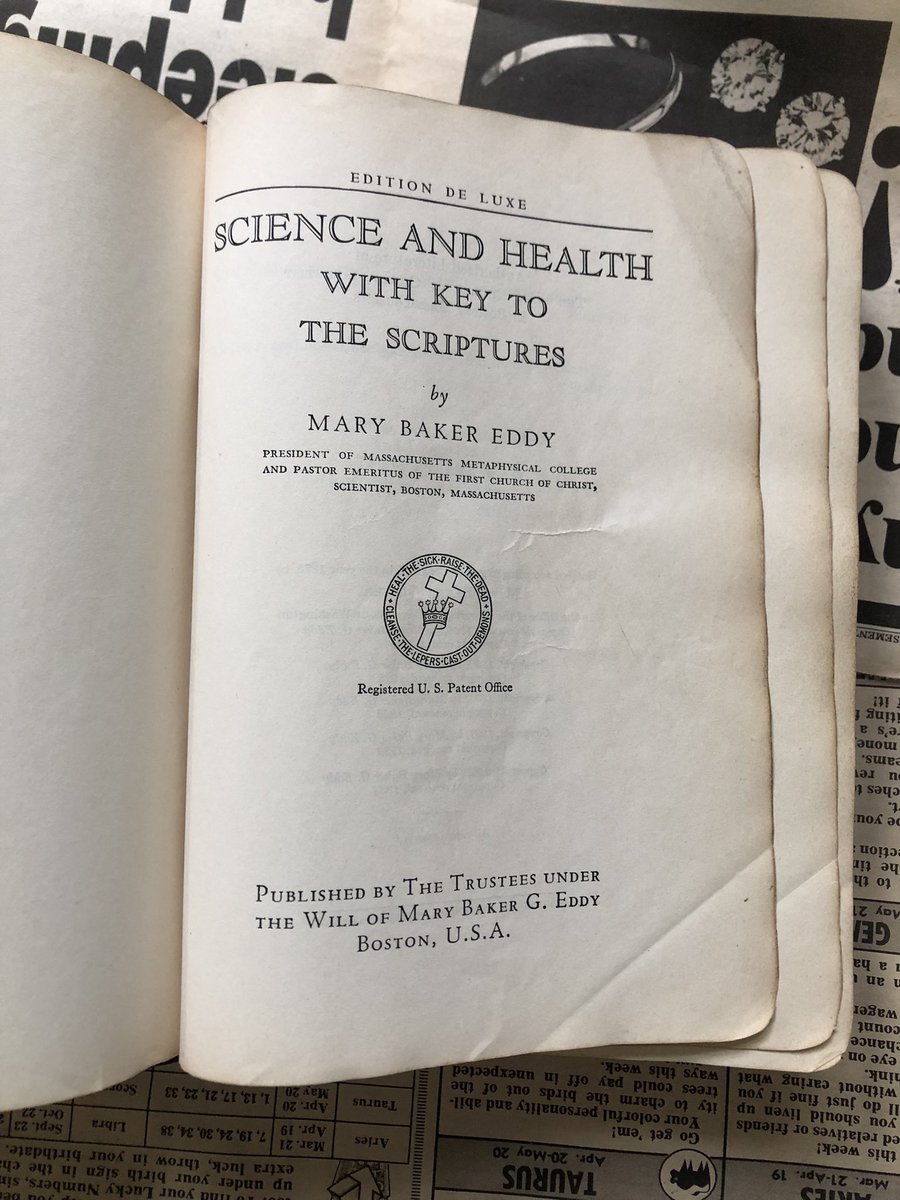
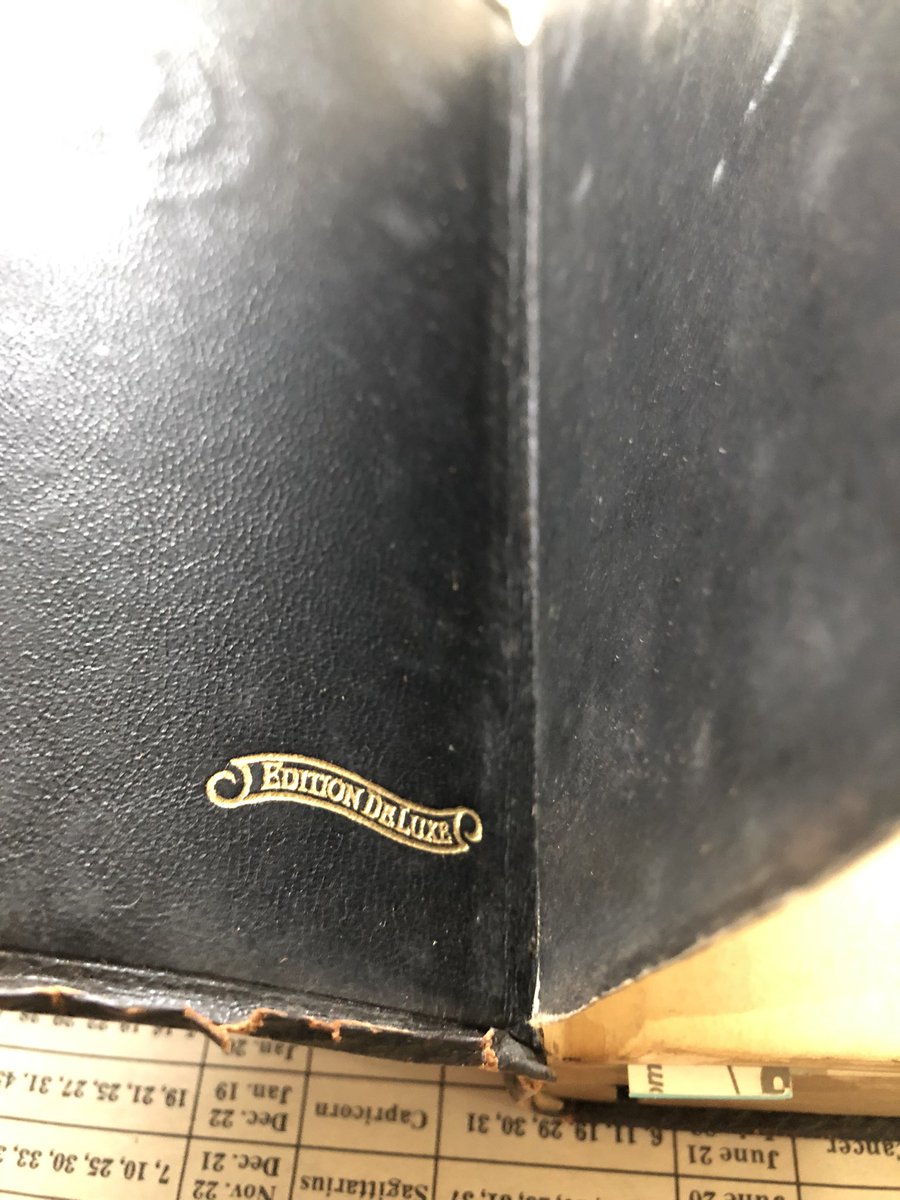
these are just the ‘archival’ books i keep on a separate shelf away from the normal books
basically the trick is, im just telling you guys because realistically if people like us dont find these theyll just sit there forever or get damaged or get thrown away:
basically the trick is, im just telling you guys because realistically if people like us dont find these theyll just sit there forever or get damaged or get thrown away:
you want to go to places where women are looking at furniture and old clothes, that just so happen to have some books. like, think - if someones grandparents die and they just take their stuff somewhere to sell, that kind of place. i usually dont go to specifically book places.
alright im supposed to be working but just a little PSA that people like us should be finding and archiving this stuff
this ones not that old (mid 1900s?) but its sick, check it out:



this ones not that old (mid 1900s?) but its sick, check it out:

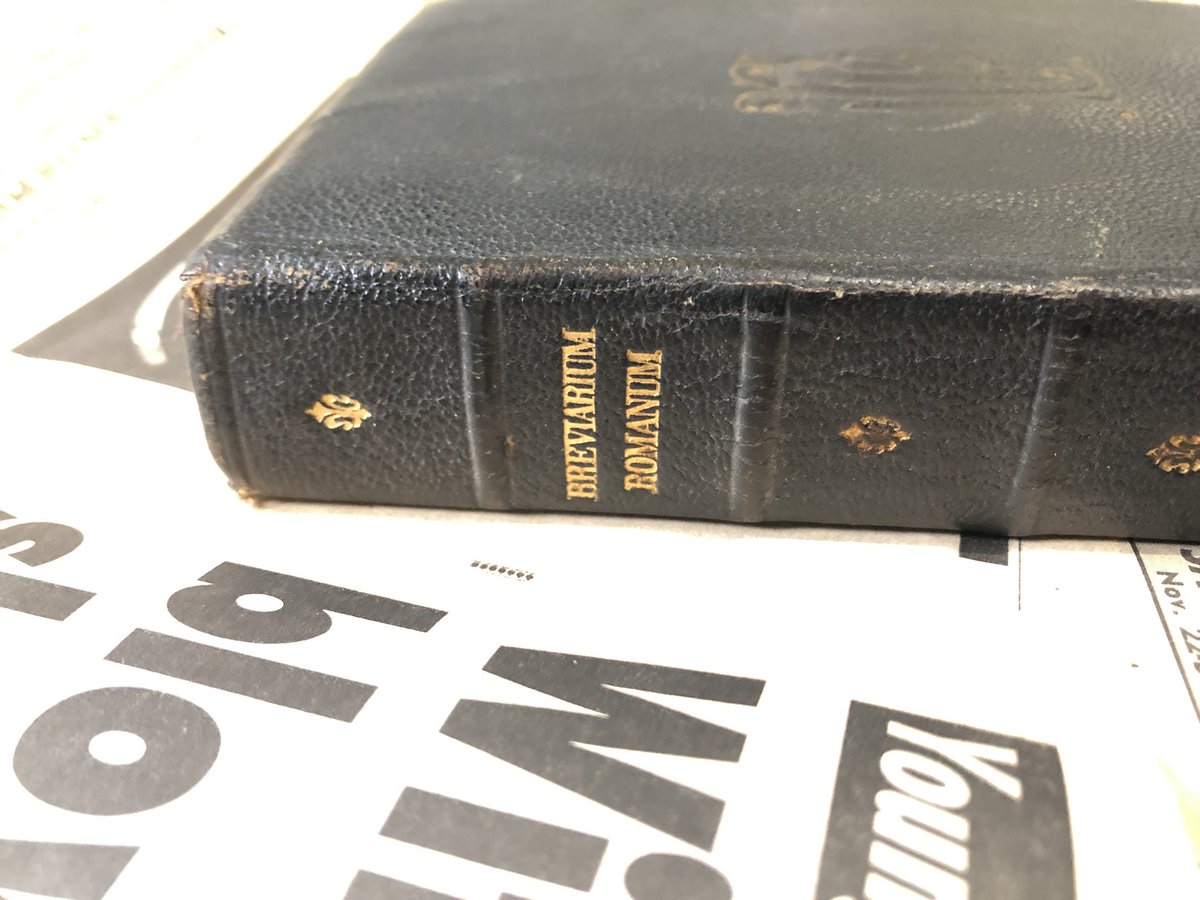
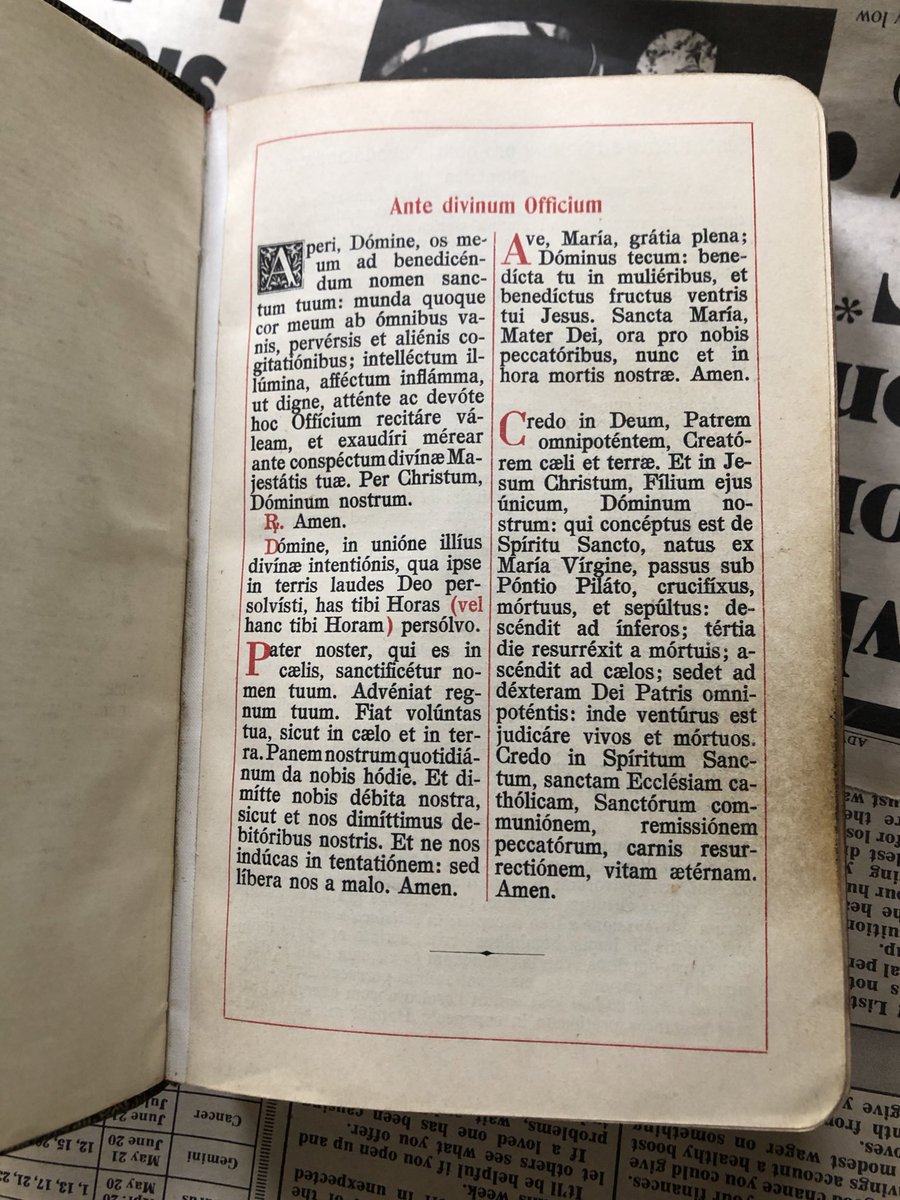
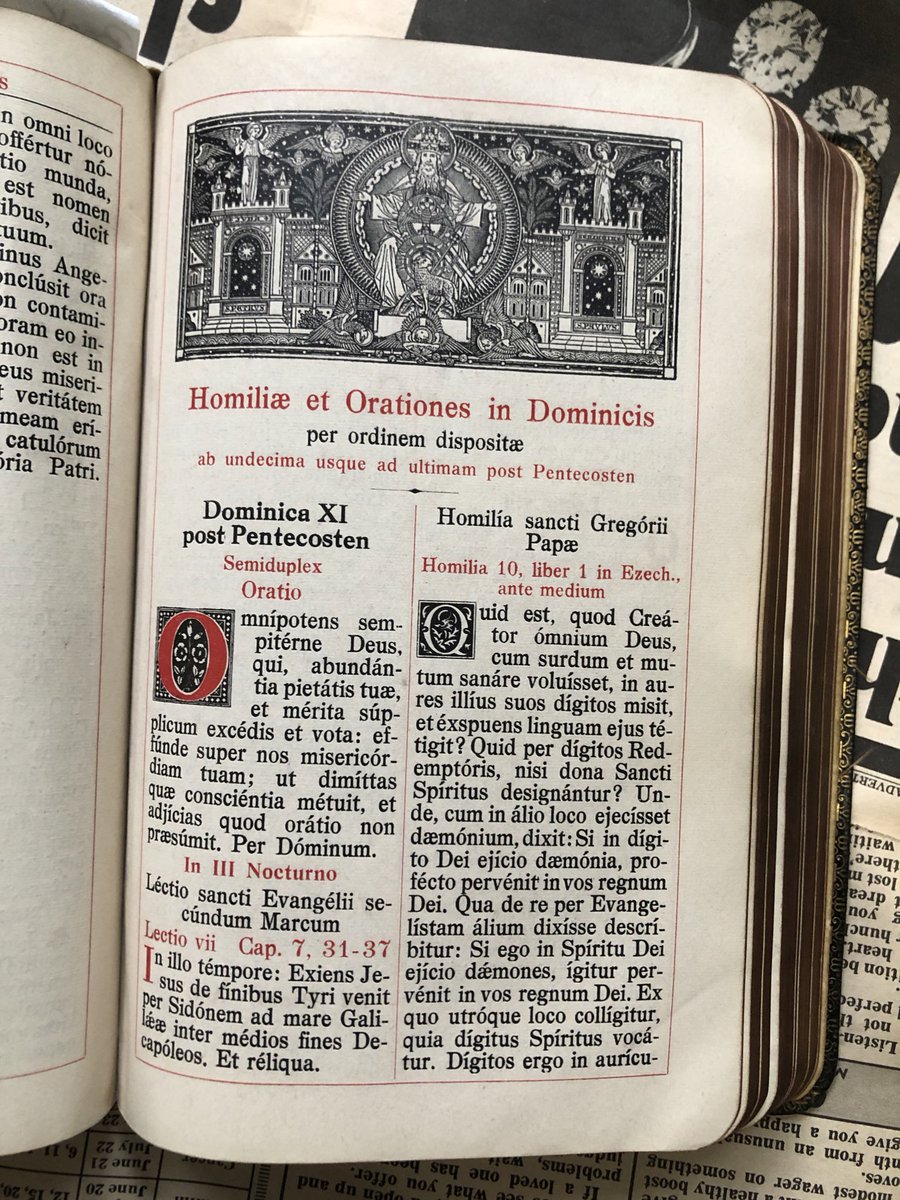
i will say one unexpected thing is that reading them just feels really cool
i have a ~500 page book of some relatively niche state … information (biography) from 1870 and holding it and reading it all the way through just felt really epic. same with the others.
i have a ~500 page book of some relatively niche state … information (biography) from 1870 and holding it and reading it all the way through just felt really epic. same with the others.
• • •
Missing some Tweet in this thread? You can try to
force a refresh



